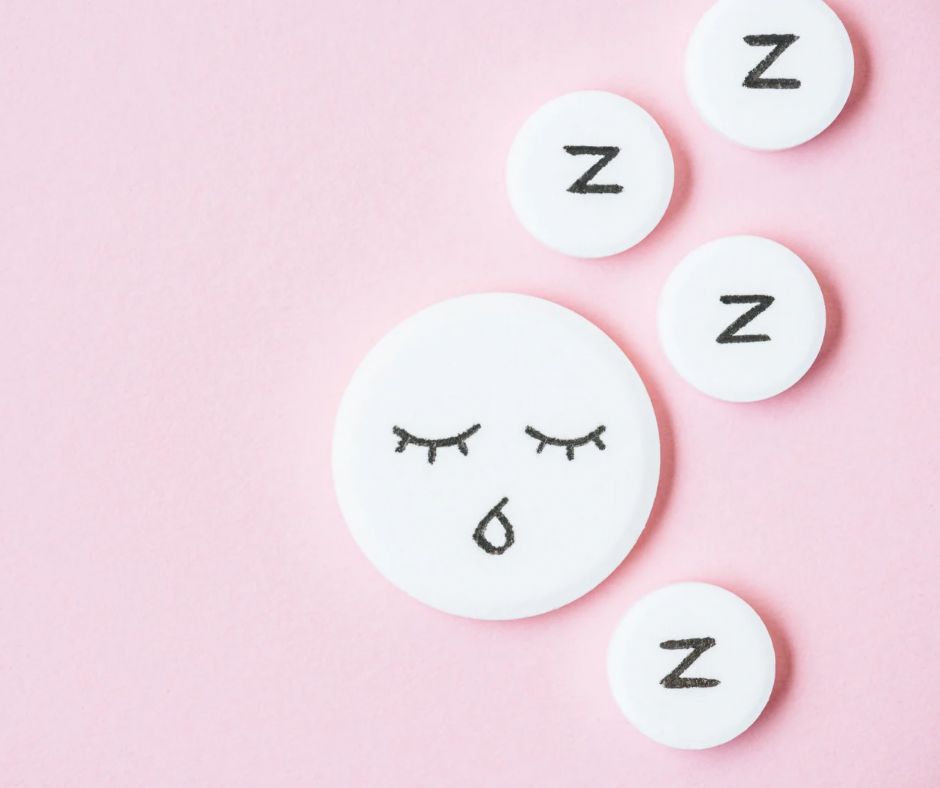In our modern society, sleep is often sacrificed in favor of a hectic lifestyle. However, several recent studies highlight its crucial role in cardiovascular and mental health. This article explores two complementary approaches: the protective effect of compensatory sleep on weekends and the importance of maintaining quality sleep throughout the week for physical and psychological well-being.
The benefits of compensatory sleep
A Chinese study found that catching up on sleep on the weekend can reduce the risk of cardiovascular disease by 20% in those who get little sleep during the week. This phenomenon, known as compensatory sleep, appears to decrease levels of C-reactive protein, a marker of inflammation linked to heart disease. In addition to cardiovascular benefits, compensatory sleep can also help improve mood and reduce symptoms of stress and anxiety.
Five key components of sleep
At the same time, a study carried out by French and Swiss researchers identified five components of sleep influencing the risk of cardiovascular accidents: sleep duration, chronotype, frequency of insomnia, excessive daytime sleepiness, and sleep apnea. Participants with an optimal score on these criteria showed a 63% reduced risk of cardiovascular disease. These same components are also essential for mental health, because quality sleep is associated with better emotional regulation, a reduction in depressive symptoms, and improved cognitive functions.
Comparison and synthesis
Although the two studies approach sleep from different angles, they both highlight the crucial importance of sleep for cardiovascular and mental health. Compensatory sleep offers a partial solution for those who cannot maintain good sleep hygiene during the week, while improving the five identified components offers a more holistic approach that benefits both the heart and mind.
Tips
To protect your heart and mental health, it is advisable to:
– Get enough sleep: aim for 7 to 8 hours per night.
– Adopt a regular rhythm: try to go to bed and get up at the same time every day.
– Improve the sleeping environment: make sure your bedroom is conducive to rest
– Manage stress: practice relaxation techniques, such as meditation or yoga, before sleeping.
– Limit screens: reduce exposure to screens before bed to promote melatonin production.


These studies reinforce the idea that sleep is an essential pillar of cardiovascular and mental health. By adopting healthy sleep habits, we can significantly reduce our risk of heart disease, improve our psychological well-being, and thus enrich our overall quality of life. It's time to view sleep not as a luxury, but as a vital necessity for our physical and mental well-being.








